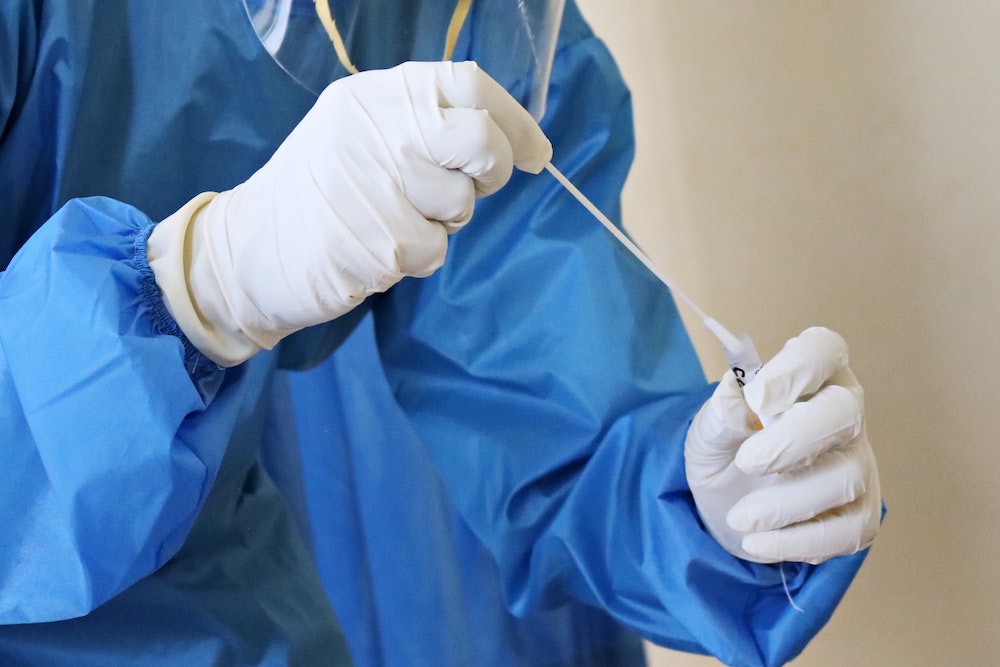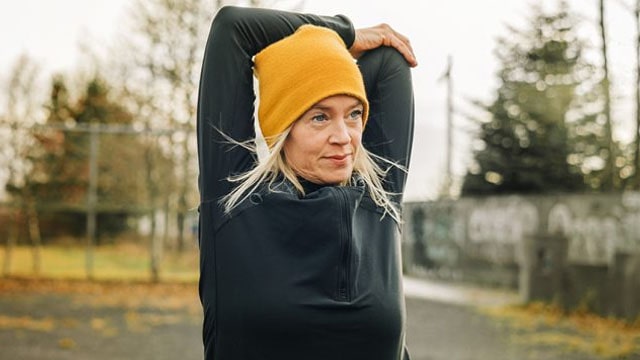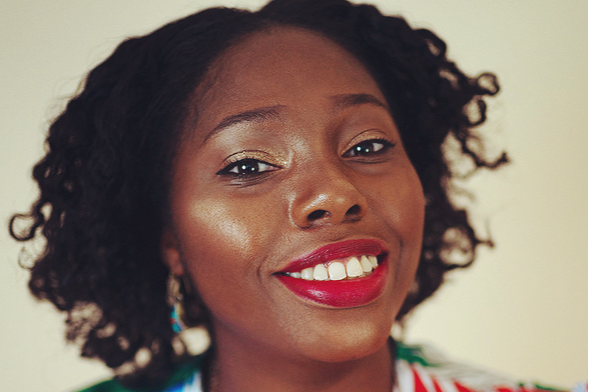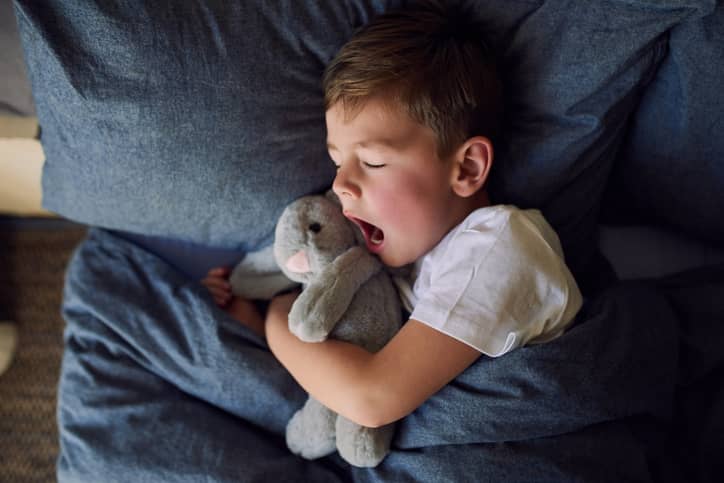It's not unusual for people in Asian cities to wear face masks in public. However, the recent coronavirus outbreak has sparked a surge in the use of these masks.
In fact, media reports suggest that face masks are selling out across Asia, Australia, major North American cities, including New York, and as far as Toronto in Canada.
But can these masks really do much to prevent a person from catching coronavirus?
When should face masks be worn?
Dr. Nick Summerton, family doctor and public health consultant, says: “There is a lot of dispute about face masks in terms of their effectiveness in protecting against airborne infections. But they may help by protecting individuals against sneezes and stopping hand to mouth transmission by preventing us from touching our faces.
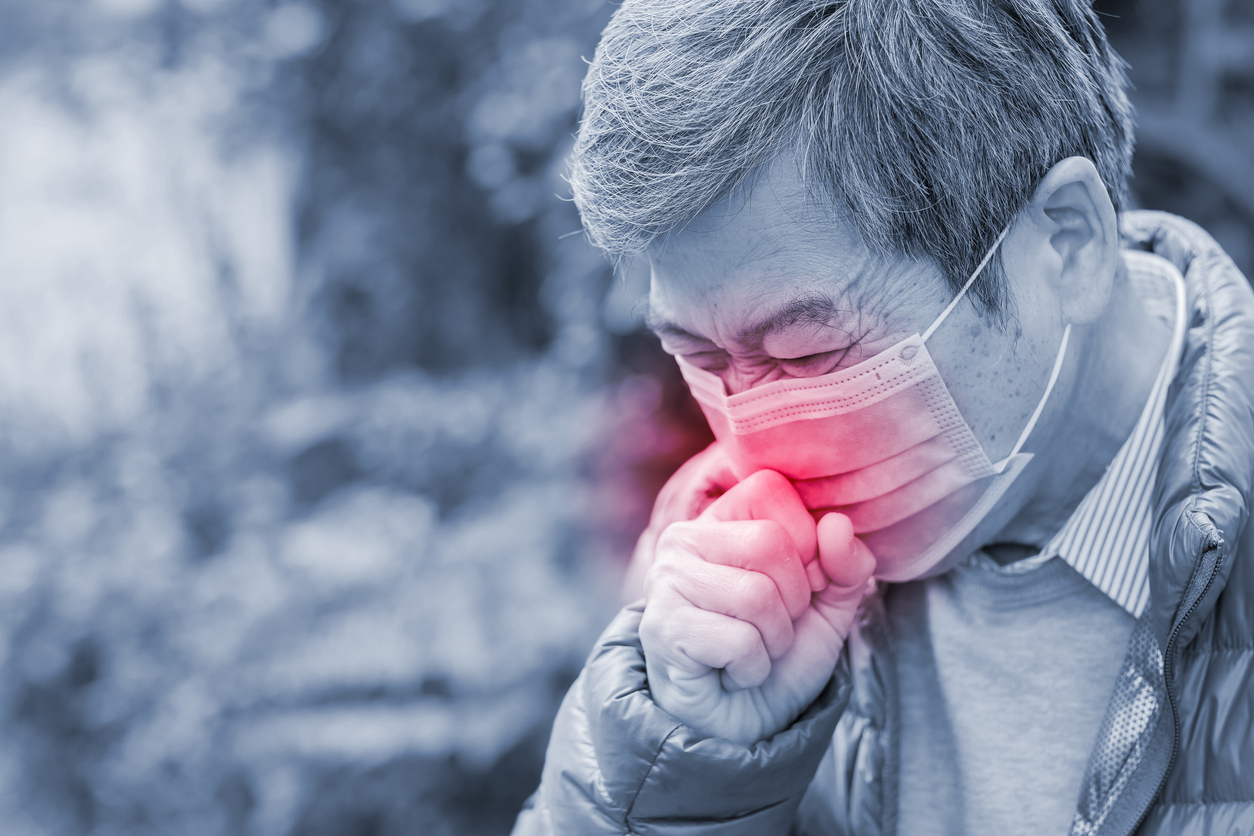
“There are lots of masks available and the Centers for Disease Control and Prevention (CDC) recommends that any healthcare workers interacting with coronavirus patients should wear a stronger kind of mask.”
Indeed, guidelines by the CDC and the World Health Organization (WHO) suggest that medical masks may have a useful role when worn by people with confirmed or suspected coronavirus infection, and by those treating them.
Specifically, the latest guidelines (dated 25 January 2020) from the WHO recommend that healthcare workers should wear a medical mask when entering the hospital room of someone who has been admitted to hospital with suspected or confirmed coronavirus infection.
The WHO guidance also suggests that anyone with a suspected coronavirus infection should be given a mask to wear while they are in hospital waiting rooms, wards or public areas.
Patients who haven’t been admitted to hospital but have symptoms that suggest they may have coronavirus should also wear a mask when they are around other people or visiting the doctor, according to the WHO and CDC.
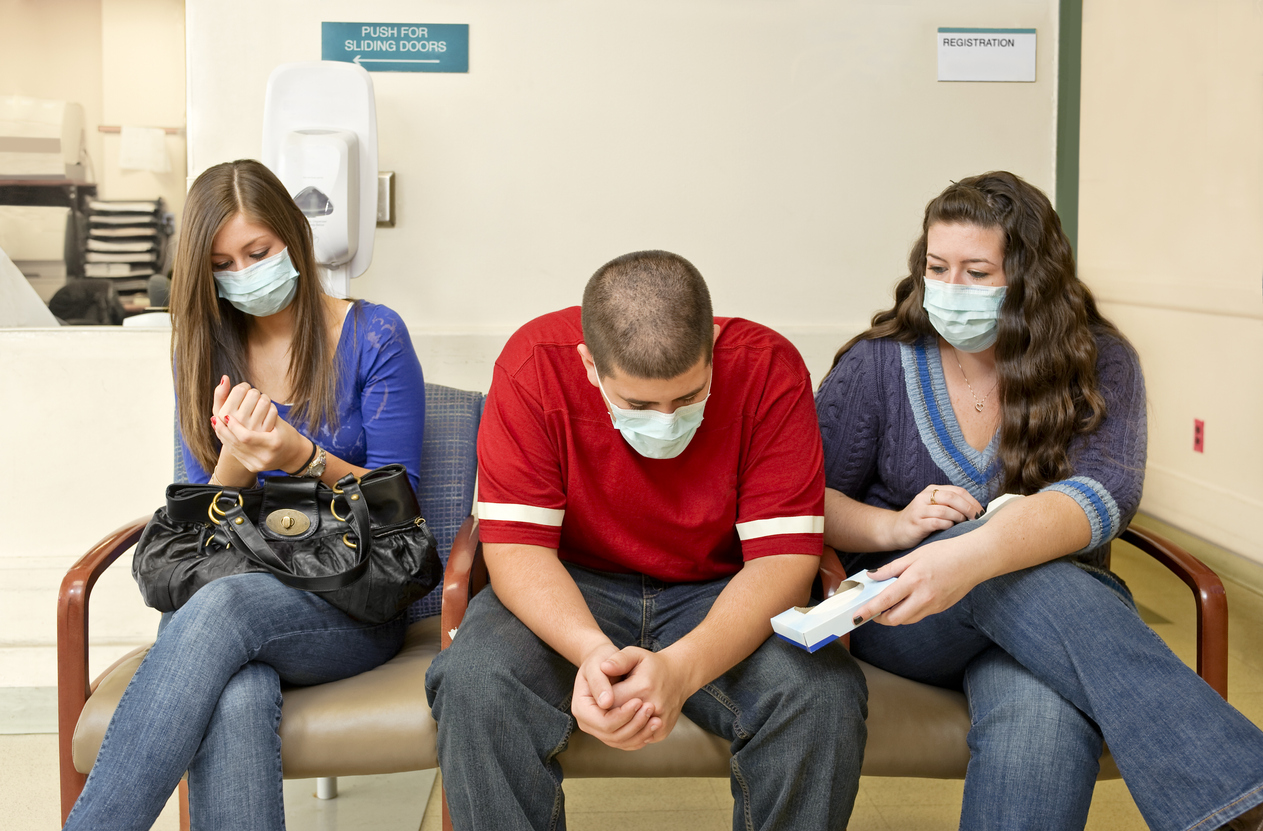
What does the evidence say?
A 2017 review, published in the journal Clinical Infectious Diseases, on the effectiveness of masks and respirators against lung and airway infections in healthcare workers suggests that masks offer some level of protection against ‘respiratory droplets’ - like those from sneezing or coughing.
However, as highlighted by Prof Dr. Maureen Baker CBE, Chief Medical Officer at Your.MD: “There is not a great deal of high-quality evidence. It’s difficult to say what degree of protection surgical masks offer the public in terms of airborne illnesses and it’s probably not as effective as meticulous hand hygiene and respiratory hygiene.
“In terms of the novel coronavirus, as yet there are no published studies that look at the effectiveness of face masks in protecting against this disease.”
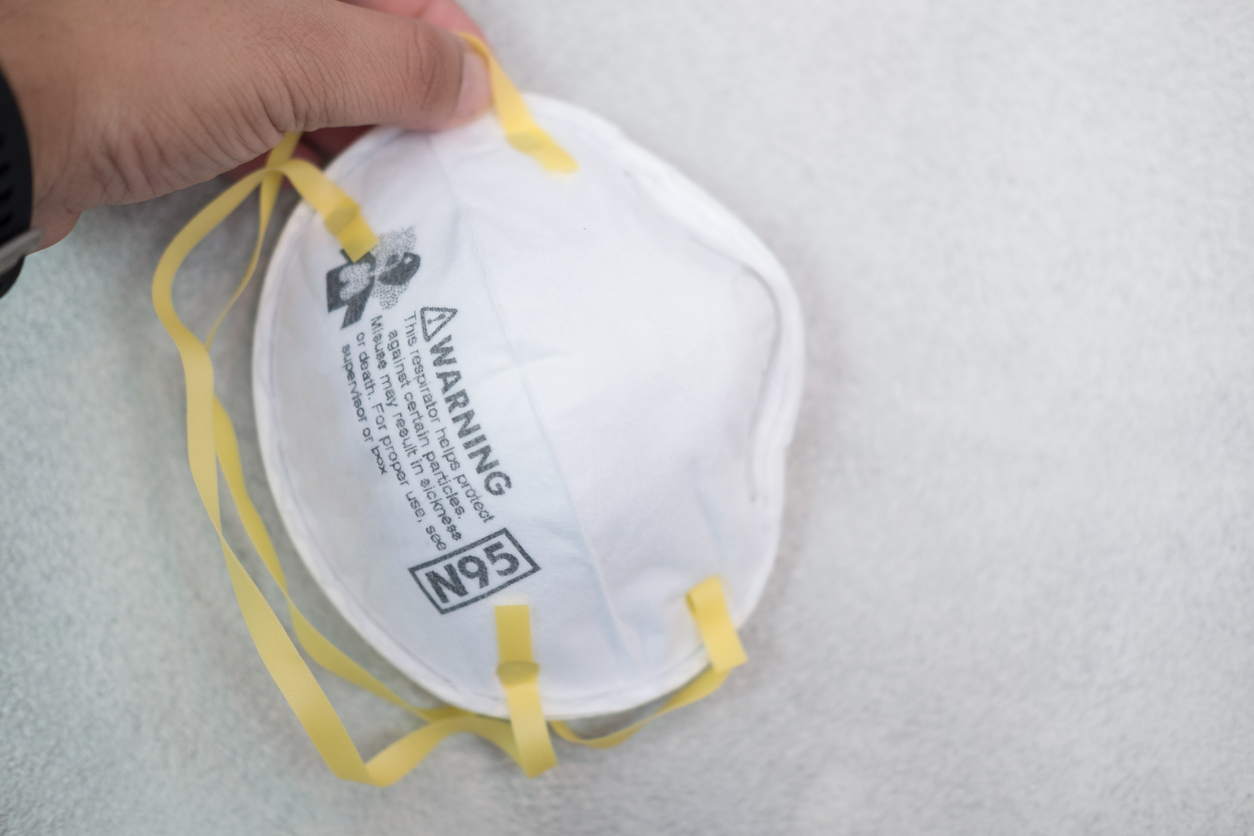
But for people who want to wear a face mask, it’s worth noting that the 2017 review suggests that a properly fitted N95 respirator offers better protection against droplets from coughs and sneezes than a medical mask.
An N95 respirator is a protective device designed to fit closely on your face and filter out airborne particles. If fitted properly, it’s thought to block at least 95% of particles, but does not provide 100% protection.
But “if members of the public have no access to masks they should not be concerned that this places them at greater risk as there is no evidence of that at this stage. Again, meticulous hygiene is the best defence,” says Prof Baker.
How to wear a face mask effectively
If you do choose to wear a face mask there are certain things you can do to maximise its effectiveness. Dr. Summerton suggests you:
- choose carefully - as per the recommendations from the CDC
- wear it correctly
- change it frequently - at least every 8 hours
- dispose of it safely
In addition to this, you should change your face mask if you sneeze or cough and avoid touching your eyes, nose and mouth before washing your hands.
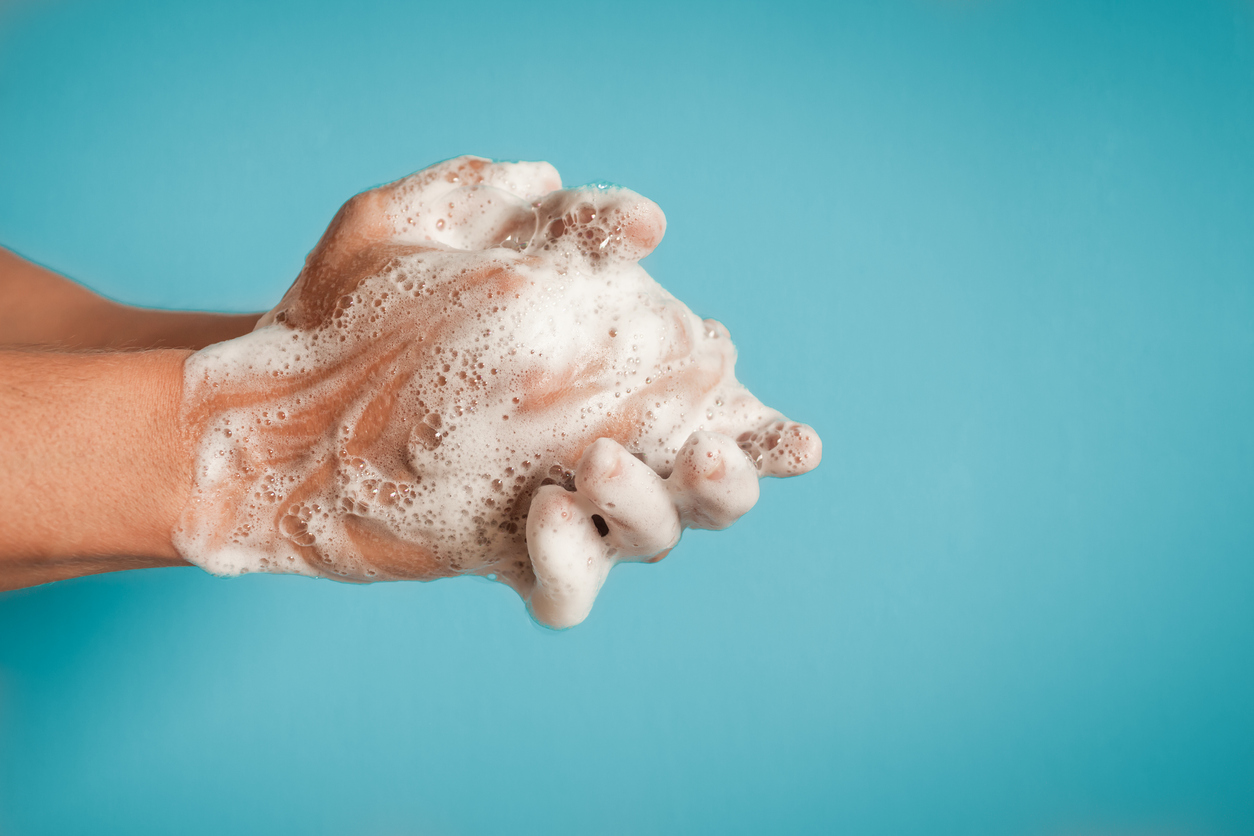
And remember that good hygiene is important for reducing the spread of infection. This means that even if you choose to wear a face mask, you should still follow the WHO’s hygiene recommendations, which include:
- regular hand washing
- covering your mouth and nose when coughing and sneezing - the CDC recommends using a tissue or your sleeve instead of your hands
- throwing used tissues away immediately
- washing your hands regularly with warm water and soap - wash for at least 20 seconds
- using an alcohol-based hand sanitiser if soap and water are not available
- cleaning and disinfecting objects and surfaces
If you think you may have coronavirus, you can use our COVID-19 Symptom Mapper to check your symptoms and compare them with others around the world.
This should give you a better understanding of how the illness is affecting you and will help us to map the spread of the outbreak.
Try the COVID-19 Symptom Mapper
References:
Infection prevention and control during health care when novel coronavirus (nCoV) infection is suspected [Internet]. Who.int. 2020 [cited 28 January 2020]. Available here.
Offeddu V, Yung C, Low M, Tam C. Effectiveness of Masks and Respirators Against Respiratory Infections in Healthcare Workers: A Systematic Review and Meta-Analysis. 2020. [cited 28 January 2020]. Available here.
Masks and N95 Respirators [Internet]. U.S. Food and Drug Administration. 2020 [cited 28 January 2020]. Available here.
Radonovich L, Simberkoff M, Bessesen M, Brown A, Cummings D, Gaydos C et al. N95 Respirators vs Medical Masks for Preventing Influenza Among Health Care Personnel. 2020. [cited 28 January 2020]. Available here.
Preventing 2019-nCoV from Spreading to Others | CDC [Internet]. Cdc.gov. 2020 [cited 29 January 2020]. Available here.


